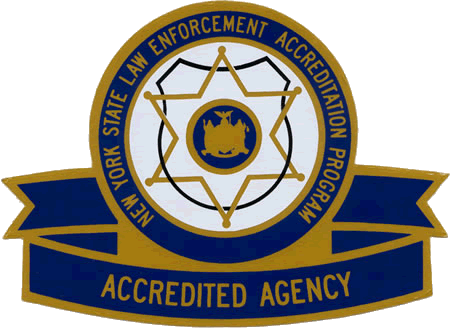Crime Prevention Tips
Personal Safety
- Always trust your instincts.
- Report suspicious activity to the University Police by dialing 607-753-2111 or 911
- Enter ICE – In Case of Emergency — contacts into your cellphone contacts and your address book.
- Watch out for your friends and neighbors.
Residence Hall Safety
- Do not share your key or your access card. Report losses immediately.
- Lock your doors, even if leaving the room for just a moment.
- Always check to see who is at your door before opening it.
- Use main entrances and exits, except during a fire alarm.
- Do not prop exterior doors.
- Prevent “tailgating,” i.e. do not let someone follow you into a residence hall when you enter.
- Register all guests.
- Follow residence hall guidelines and policies.
- Notify staff of broken locks, doors and security equipment.
- Take fire drills seriously and always evacuate when a fire alarm sounds.
Going Out
- Use marked crosswalks, look both ways, and make sure traffic stops before you cross.
- When you go out, let a friend or roommate know where you will be and when you will return.
- Avoid walking alone at night. Use the free campus shuttle.
- If you are out after dark, use only well-lit routes. Walk on the sidewalks and avoid passing close to shrubs, dark doorways, and other hiding places.
- Be alert and trust your instincts. If you feel uncomfortable about someone near you, head for a populated area.
- Make note of the locations of the blue light emergency phones.
Personal Belongings
- Never leave your purse, wallet, backpack, laptop, or other property unattended even for a moment.
- Carry insurance on your valuables. Check you homeowners’ insurance policy to see if valuables are covered on campus, or arrange for separate coverage.
- Record serial numbers and keep photos or descriptions of your valuables.
- Use computer locking devices for extra protection.
Protecting Your Data, Privacy and Identity
- Take advantage of the programs, information, and tips available from the Office of Information Resources to protect computers against viruses, worms, malware, and other security breaches and to keep user accounts secure.
- Scan computers for security problems before connecting to the Internet.
- Memorize all of your PIN numbers.
- Never give any credit card, bank, or social security information to anyone over the telephone or in response to an unsolicited email.
- Take great care when using social networking Internet sites like MySpace, Facebook, TagWorld and Bebo, or video sites like YouTube. Do not post risky, sensitive, or potentially embarrassing personal information or videos.
- Use only legal file trading sites and methods to download and share music.
- Do not lend computers and accounts to others. Protect Social Security and Student ID numbers and only give them out when it is essential.
- If you are the victim of identity theft contact the university police immediately.
- Understand your legal rights and responsibilities as a SUNY Cortland student. Visit the Student Code of Conduct and the Student Conduct web sites for more information.

Important Emergency Phone Numbers
SUNY Cortland
University Police Department
Whitaker Hall, Room 110
Emergency: 911
Non-Emergency:
607-753-2111
Email: upd@cortland.edu


